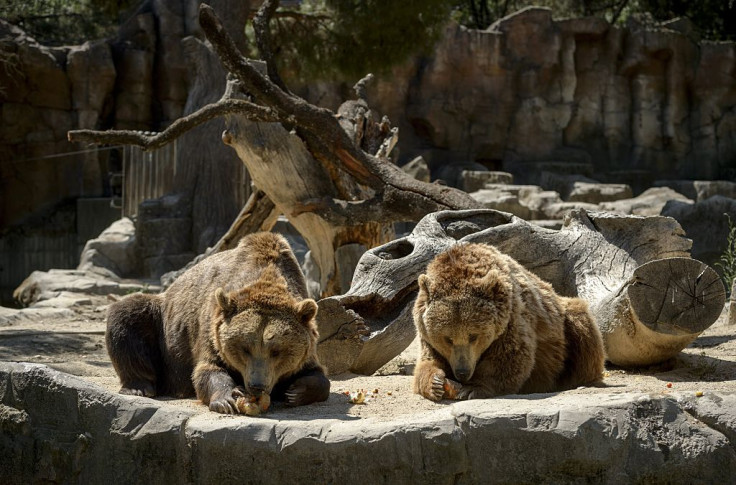Bear or farmer? Scientists find bears' eating habits are critical for maintaining vegetation
The animals are better than birds at spreading seeds throughout a forest, a study has shown.

A new study looking into brown and black bears in Alaska's Tongass National Forest has found that the animals' occasional eating habits are extremely critical for maintaining vegetation in the region.
Bears thrive in the forest by feeding on Salmon, a fish which grows in the sea but migrates to freshwater streams to spawn. The animals wait for their food to show up but in the meantime, they gorge on berries or small fruits available nearby, according to an Associated Press report.
They eat hundreds of berries at a time and then move on to their next target. And once they've had their fill, the farming part comes in.
As the animals roam around in the forest, they scat and disperse fruit seeds, thereby giving a major boost to plant populations.
Till date, it was thought that birds were mainly responsible for the dispersal of small fruit seeds but when Oregon State University team looked at a bear's eating habit, they were totally surprised.
"Bears are essentially like farmers," said Taal Levi, one of the authors of the study. "By planting seeds everywhere, they promote a vegetation community that feeds them."
The group noted the intricate system of seed dispersal by setting up motion cameras where berry plants were located. They even found bear DNA from the plants which further confirmed that the animal played a bigger role than birds.
This is the first case of a mammal dispersing seeds through its excrement and bolstering vegetation in return, Levi added.
However, it is worth noting that bears are just the primary source of the cycle. Once they have scatted, rodents spread the seeds even further and bury them in a few millimetre caches to eat. If they forget where the seeds were buried, a new plant forms.
That said if the bear population falls due to any reason, the population of plants in the region would also decline by significant margin leading to a drastic effect on the ecosystem.






